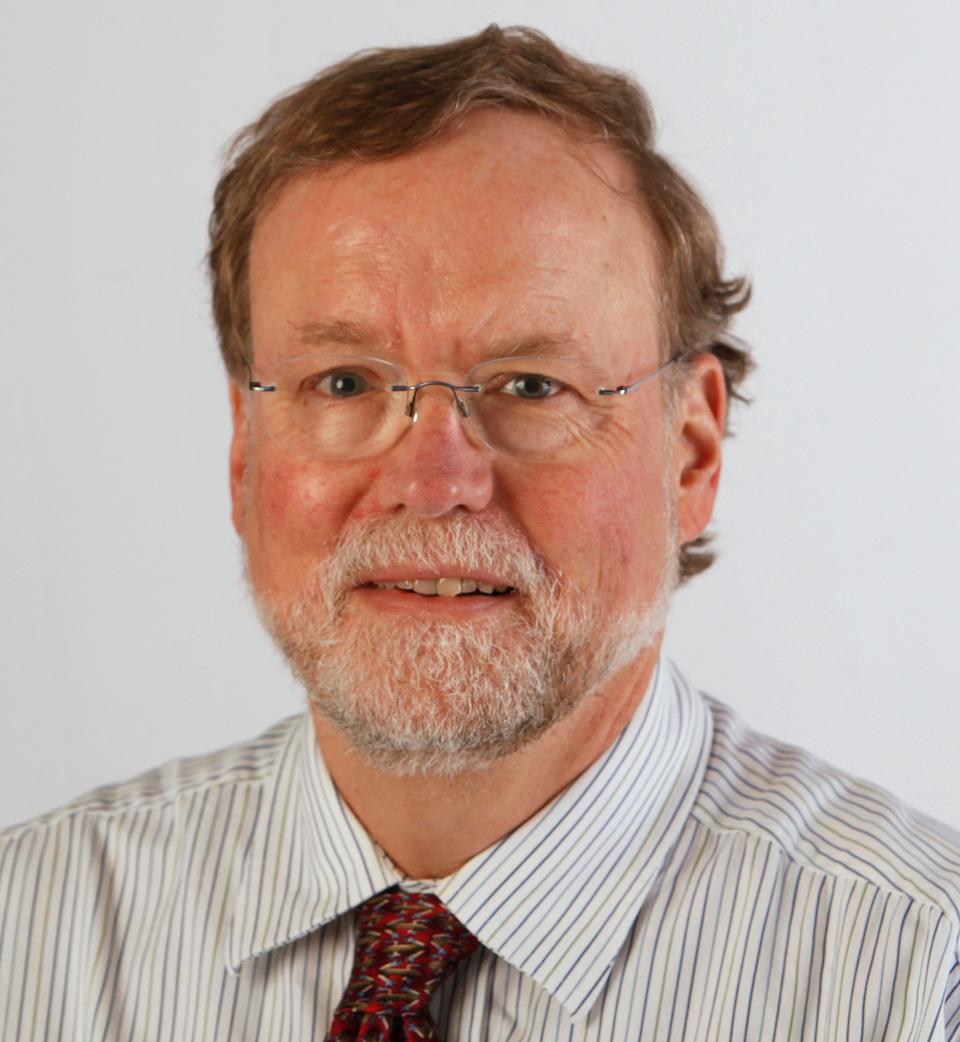Biology: Have we learned the lessons of COVID-19? Doubtful. And now we're facing monkeypox
Knowledge is power — but only if you use it.
We know about viruses and how they reproduce.
We know about evolution through gene mutation and natural selection winnowing resulting variants.
We know about global impact of those forces of evolution leading to the rise and pandemic spread of viruses like SARS-CoV-2 that causes COVID-19. Well over 1 million Americans and almost 6.4 million people have died from COVID-19 globally thus far.
COVID-19 in Ohio: Current COVID-19 surge in Ohio 'every bit as serious' as previous surges, health officials say
We can use this knowledge of evolution to anticipate and plan responses to outbreaks of other contagious, viral diseases and their variants which will continue to arise.
We know rate of evolutionary change in populations of organisms, even viruses, depends on easily estimable factors, including the following:
• Population size. Larger populations provide more chances for mutations to occur. People with COVID-19 harbor up to 100 billion virus “individuals” or particles. The virus has infected over 570 million people globally. Multiply those really big numbers, and you have a really large virus population that didn’t even exist three years ago.
• Mutation rate. Viruses outsource their replication to infected host cells. This is not a high quality-control process. Mistakes in replicating and packaging viral genes —mutations — happen. Double-stranded DNA genes are remarkably stable. Coronaviruses like SARS-CoV-2, however, have single-stranded RNA genes thatich are much more prone to mutations.
COVID-19 in Ohio: New BA.5 variant now almost half, if not more, of new COVID-19 cases in Ohio
• Transmissibility. The ongoing parade of SARS-CoV-2 variants and subvariants continues to infect us. Natural selection appears to favor increased transmissibility among these, with the predominant SARS-CoV-2 omicron sub variant B5.A the current recordholder.

We hesitate to teach evolution and its power to threaten or benefit us because we fear offending or angering those who perceive that evolution somehow negates their notion of human exceptionalism among all other living things.
The COVID-19 death toll put the lie to such deference to efforts to cancel evolution education. Many scientists and healthcare professionals knew such a pandemic was only a matter of time. Nonetheless, COVID-19 caught us off-guard and still is.
In light of that, our response to the sudden jump to humans and spread of monkeypox doesn’t look much better.
Monkeypox in Ohio: Here's what you need to know about the virus
Since its discovery in 1958, monkeypox virus (MPXV) has jumped occasionally from natural mammalian hosts in West and Central Africa to humans mainly through direct contact or eating undercooked bush meat.
The only known previous outbreak in the United States occurred in 2003. Pet prairie dogs contracted MPXV from imported African rodents with which they mixed in the pet trade. Forty-seven people, including some in Ohio, contracted MPXV via infected pet prairie dogs. No one died. No human-to-human transmission was observed.
The current MPXV outbreak differs from that 2003 and similar cases in mode of transmission. Men who have sex with men now have the highest relative risk of contracting monkeypox.
As with COVID-19, mutation and natural selection have likely increased transmissibility and, thus, MPXV populations.
Knowledge and understanding of the potent forces of evolution provides power to anticipate and respond effectively to outbreaks of new or modified contagious diseases.
That requires policymakers, healthcare workers, and the voting public, to have a functional understanding of and respect for biological evolution.
We’re far from there, and I fear there’s a pox on us for allowing that to happen.
Steve Rissing is professor emeritus in the Department of Evolution, Ecology, and Organismal Biology at Ohio State University.
This article originally appeared on The Columbus Dispatch: Biology: Our mistakes with COVID are repeating with monkeypox

